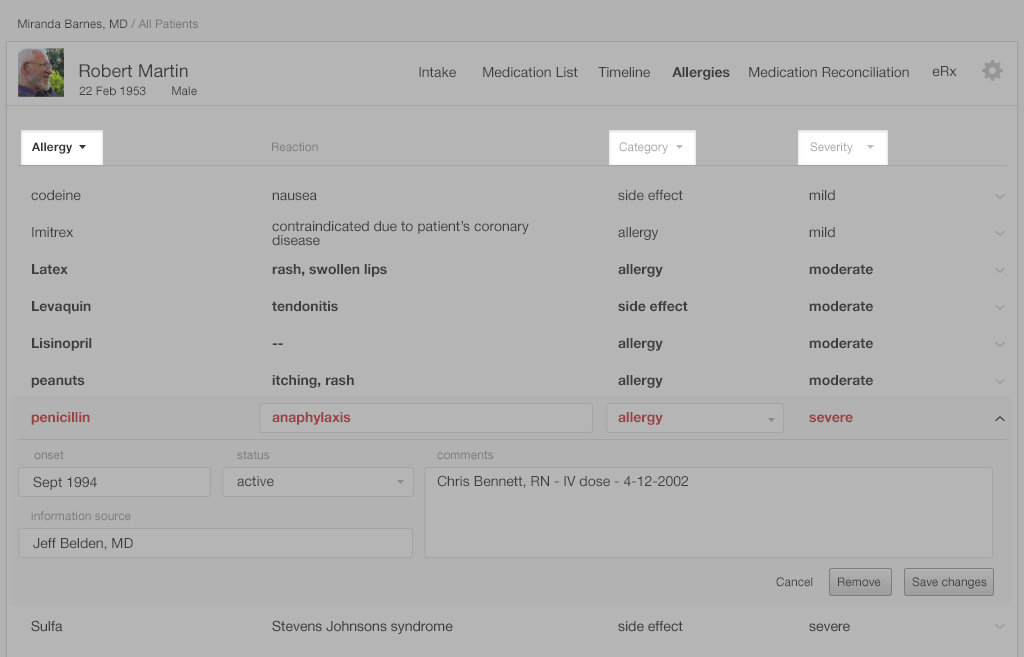

I guess for some people it’s an article of faith that an idea from apparently nowhere must have come from experience, but not for me. [James’ Reply: I haven’t noticed anyone limiting the term “intuition” to experience. I see your point on the misuse of “common sense” but “intuition” seems a synonym for “judgement informed by experience” and thus what’s wrong with people having a different intuitive reaction to the same problem?Īnd while I can see the benefit in trying to analyze your intuitive process, to make the unconsious consious, there is the subtle trap that the brain is a rationalizing engine and quite good after the fact fiction. I usually can cite a heuristic or a pattern that offers some insight. My favorite defense against exposure is to avoid enclosing anything important to begin with.)įortunately, I’ve found that I do have some idea what’s going on. Few things feel worse to me than being exposed. I feel dirty when I dish out explanatives rather than come to grips with a subject. (I’ve come to a point where I prefer to admit that I don’t have a clue, in those situations where I really don’t have a clue.

That leads to this subtitle heuristic: “Intuition” and “Common Sense” really means “I have no idea what’s going on, or at any rate, I won’t respond to your questions about it.” In situations like that, invoking common sense or intuition is just another way of saying “if you disagree with me, you must be crazy.” Strangely enough, I hear the terms invoked most often in the midst of arguments that where the supposedly commonsense or intuitive issue is, in fact, the subject of the dispute: the very existence of the discussion proves that at least one person doesn’t share that sense in common or share that intuition. In both these cases, the terms are often used as opiates, to dull or stall discussion. To invoke common sense is to banish both problem and solution to obscurity. If everyone can solve the problem, then there’s no reason to worry about the problem or the solution. I understand “common sense” to be a skill or skill set (and to some extent knowledge) that we assume everyone has, and therefore everyone can simply employ it to solve the problem at hand. What we call intuition is exactly the same thing we used to call divine inspiration. To ascribe something to intuition, however, gives the impression of explaining it, even though nothing has been explained.
Wordor a common sense idea code#
When I say that I used my intuition to solve a problem, I feel like it’s code for saying that I don’t have any idea how I solved the problem. I understand “intuition” to mean the mysterious source of ideas that have no other apparent source. Two other terms I have stopped using are “intuition” and “common sense.” Here’s why:
Wordor a common sense idea free#
I feel free to use it when I program, but I find that I almost always have a better option available. It’s just like giving up the use of the goto statement. When I am tempted to use the term in a serious discussion of methodology, I am forced to use an alternative, and that alternative is always superior. I stopped using “best practice”, years ago. Sometimes, you can improve your thinking just by avoiding using certain terms.


 0 kommentar(er)
0 kommentar(er)
